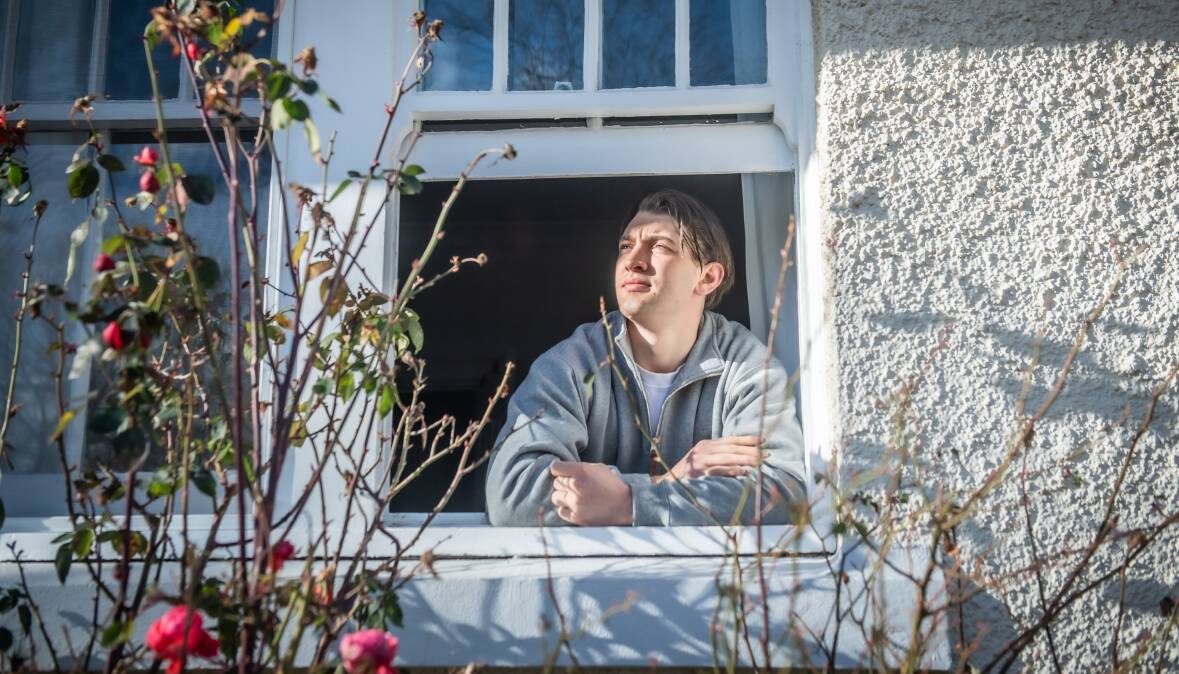
As the pandemic almost reaches the three-year mark, more people are catching COVID-19 twice, which has left experts concerned.
Australian National University student Loki Bromilow recently recovered from his second stint of coronavirus last Saturday, after first catching the disease in January this year.
"I'm not really a smoker or anything like that so I feel like I'm not really in a risk category. I was more so worried about how it would impact my lungs in terms of physical activity," he said.
"I would definitely say it has affected my lung capacity, at least temporarily, but I guess I have been taking it easy."
While Mr Bromilow's symptoms both times were mild, he was concerned adults under 30 still could not access to a fourth booster shot to keep safe from reinfection.
"It's frustrating from the perspective that we don't really know a lot about the disease in terms of its long-term impact; it's only been around for two years," he said.
"It's frustrating in a hypothetical sense because if it does come out that there are serious long-term impacts then it would be pretty bad because right now we don't know that much."
The highest percentage of repeat COVID-19 cases recorded was from July 4 to 10, when 3 per cent of the 8789 total cases that week had the disease more than once.
University of South Australia epidemiologist Adrian Esterman said the latest BA.4 and BA.5 subvariants posed additional risks to further reinfection.
"Reinfection is becoming more common and that's because these new subvariants are becoming better and better at evading previous immunity. So if you've been infected before, there's a greater and greater chance now that you'll get infected again," he said.
"Every time you get infected, there's a chance that you will have some damage to your body."
Early studies on the effects of reinfection had a way to go before delivering results, Prof Esterman said.
"There's been a major study from the US which has actually demonstrated that repeated infections are a big risk factor for long COVID. I don't think we know exactly why at this stage," he said.
Young people were a particular demographic at risk of getting long COVID due to reinfection, often due to being unaware of a first case, Deakin University epidemiologist Catherine Bennett said.
"They might have had an asymptotic first infection that was missed, then they get another infection where they do get symptoms and you pick it up," she said.
"They then feel they haven't had another infection and they're followed for long COVID. But we don't know they've actually had more than one infection."
Breaking the data down was difficult as many cases went unreported or undetected, Prof Bennett said.
"The studies are sort of biased towards people that have registered both infections if it's two, whereas you only have to miss one and you don't know you've had a repeat infection," she said.
"It's really hard like with all the long COVID work to have a real picture of it.
"The advice is do whatever you can to avoid reinfection because it's unclear whether that could pose a problem, it would be terrible to get to the end of the year and suddenly get this really definitive research that says three mild infections is the same as one really bad infection."
Send us a letter to the editor
Our coverage of the health and safety aspects of this outbreak of COVID-19 in the ACT is free for anyone to access. However, we depend on subscription revenue to support our journalism. If you are able, please subscribe here. If you are already a subscriber, thank you for your support. You can also sign up for our newsletters for regular updates.







